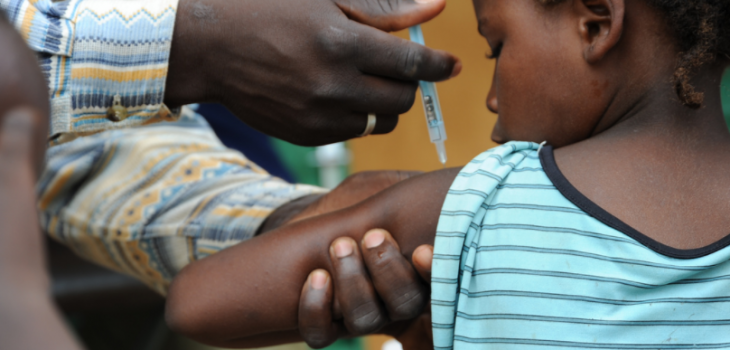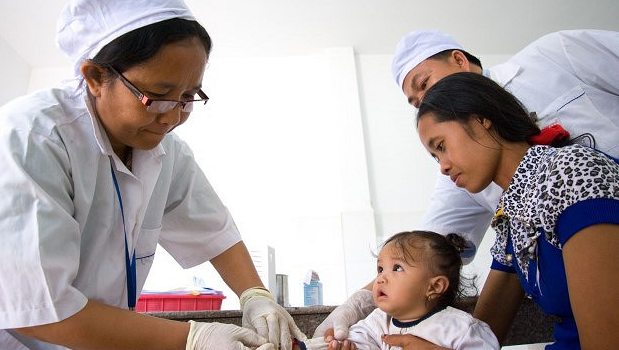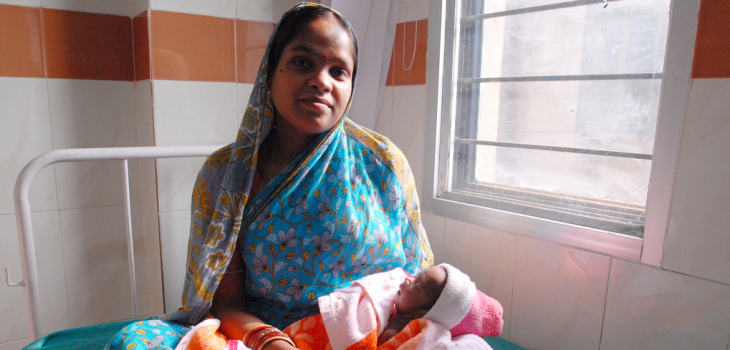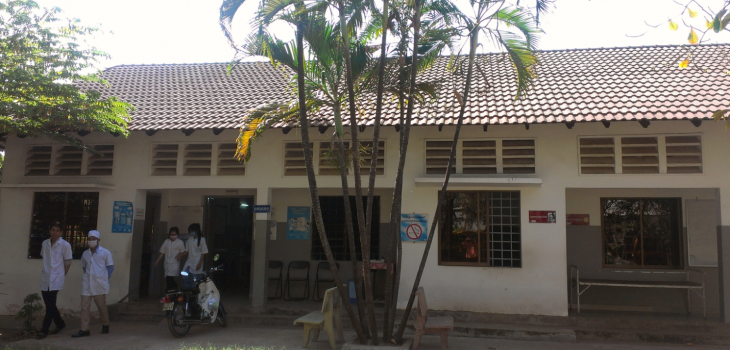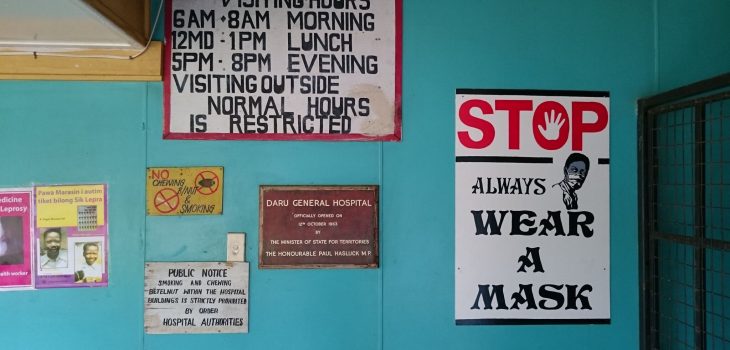By Christian Suharlim (Harvard T.H. Chan School of Public Health)
Cross-posted at immunizationeconomics.org.
Imagine you own a parking garage business. Half of your costs are associated with owning, building, and maintaining the property – a third for labor costs associated with managing the operations – and the rest for…











